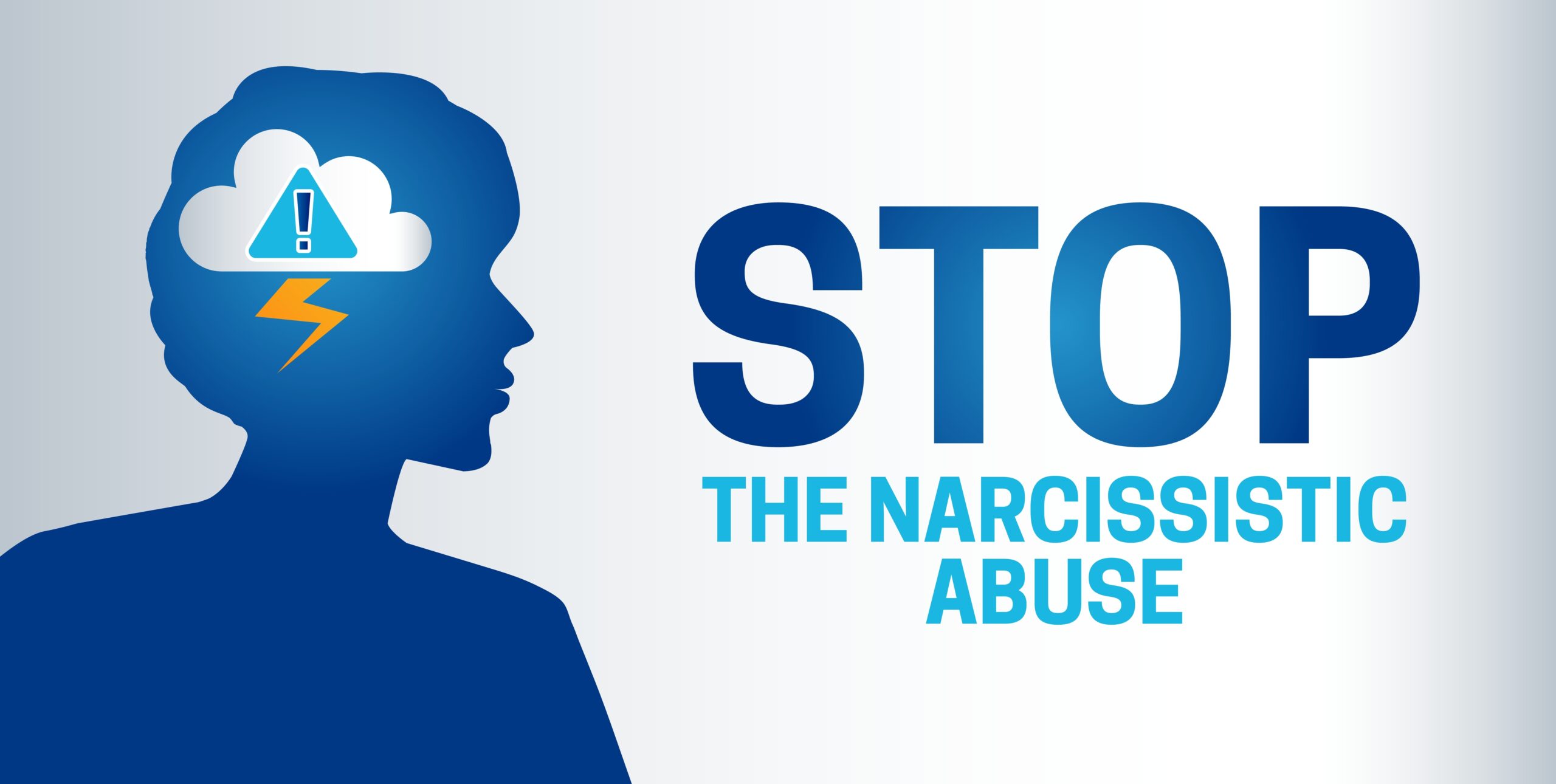Criminal psychologist reveals the one question that can prove if someone is a narcissist

There is something incredibly powerful about a single question spoken with intention. Sometimes a question arrives like a gentle tap on the shoulder. Other times it lands like a truth we have been avoiding. A single sentence can peel back layers of a person’s identity that they may have spent years trying to hide, justify, or reinterpret. In a world where labels spread faster than facts, and where emotional reactions often outrun actual understanding, the word “narcissist” has become one of the most casually misused terms today. People use it in arguments, on social media, in therapy conversations, or even in offhand comments about someone’s personality. But beneath that word lives a real psychological condition, something far deeper than everyday selfishness or temporary self absorption.
This is where steps in. Dr Shaw is a German Canadian criminal psychologist known for her groundbreaking work on memory, false confessions, and the psychological patterns of violent offenders. In a recent interview, she shared something surprising. Years of research have revealed that identifying narcissistic traits may come down to one single question. It sounds almost too simple, too obvious, too bold. Yet its power lies not in complexity, but in how narcissism works from the inside.
But before we rush to use this question on the people around us, Dr Shaw offers something even more important: a reminder that psychological language carries weight. When we misuse terms like “narcissist,” we do not just stretch the meaning. We risk hurting people, misunderstanding relationships, and overlooking what is truly happening beneath the surface. Her insight invites us not just to understand the question, but to understand ourselves more honestly.
The rise of the word “narcissist” and why it often misleads us
Today the word “narcissist” has become a catchall insult. Someone frustrates us, someone disappoints us, someone behaves in a way that feels selfish or dismissive, and suddenly the term appears. But according to the Mayo Clinic, narcissistic personality disorder is not a casual personality flaw. It is a serious mental health condition that involves a deeply rooted sense of self importance, an intense need for admiration, and a profound lack of empathy toward others. People living with this disorder often struggle in relationships, workplaces, families, and sometimes even within the legal system.
Dr Shaw has seen how casually misusing this term creates confusion. When a clinical diagnosis becomes a slang expression, its seriousness becomes diluted. People who are hurting may start labeling each other without understanding the science behind the term. And when a word becomes misused, it becomes harder for professionals to communicate clearly about those genuinely affected by the disorder. Mislabeling does not only distort the truth about someone else. It can also prevent us from understanding our own boundaries, patterns, or emotional wounds.
Her message is simple and grounded in years of research. Words matter. And the more powerful the word, the more carefully we should use it.
Dr Julia Shaw’s work and why her insights matter
Dr Shaw is widely respected in the world of criminal psychology because she does not just study difficult behavior from an academic distance. She works directly with individuals whose actions exist at the extreme edges of human behavior. Her research explores how people can confess to crimes they never committed, how memory can distort and reshape itself, and how personality traits influence decisions that sometimes have life altering consequences. She hosts the BBC Sounds true crime podcast Bad People and regularly breaks down psychological concepts for the public.
During her LADbible Stories interview, she emphasized that narcissism is not confined to stereotypes. It is not something that affects only one type of person. A narcissist could be a parent who demands admiration from their children, a partner who controls the emotional temperature of every conversation, a therapist who makes sessions about themselves, or a friend who turns every story into a spotlight moment. Narcissism is shaped by a complex mix of upbringing, temperament, genetics, trauma, and environmental reinforcement. It is not a personality quirk. It is a disorder with deep roots.
Her insight pushes us to look deeper than assumptions and encourages us to approach human behavior with curiosity rather than quick judgment.

Image via shutterstock
The single question that reveals more than most people expect
For decades, psychologists relied on long questionnaires to identify narcissistic traits. These assessments used twenty or more statements designed to capture subtle patterns in a person’s thinking. Over time, researchers narrowed the list to fifteen. And then, remarkably, they found they could reduce the entire assessment to a single question, known as the Single Item Narcissism Scale.
Dr Shaw shared that question clearly and directly:
“Are you a narcissist?”
At first this question feels too blunt to be meaningful. Most people assume a narcissist would never admit such a thing. But that misunderstanding reveals how little we grasp the psychology behind narcissism. According to Dr Shaw, narcissists often see their inflated self worth as a positive trait. They view their sense of superiority as realistic and justified. A narcissistic response might sound like: “Yes, but I am better than most people.” Or: “I’m simply being honest.” They see their belief in their greatness as truth, not arrogance.
This question alone cannot diagnose anyone. But it offers something important. Narcissists tend to be unusually open about how highly they see themselves, because to them, this self image is not a flaw. It is who they believe they genuinely are.

Image via shutterstock
The importance of using psychological labels responsibly
Even with such an insightful question, Dr Shaw urges caution. Calling someone a narcissist after a disagreement or a moment of selfishness is not only unfair but deeply misleading. Human beings are complicated. We all have days when stress, insecurity, or emotional exhaustion causes us to behave poorly. That does not mean we have a personality disorder.
Mislabeling someone can also close the door to real understanding. A person who avoids emotional conversations might not be narcissistic. They might be scared. They might be overwhelmed. They might have learned to protect themselves through detachment. When we choose a label instead of choosing compassion, we lose the opportunity to understand the truth of what is happening.
Using psychological terms carefully does not silence anyone. It allows us to speak with intention and clarity. It helps us build relationships grounded in understanding rather than accusation.

Image via shutterstock
What this means for you and why reflection matters
Narcissism is not just something discussed in psychology textbooks. It affects real families, real romantic relationships, real friendships, and real workplaces. It influences communication, trust, emotional safety, and long term connection. But awareness is not about pointing fingers. It is about revealing what feels confusing or painful so we can respond with clarity instead of reaction.
Before diagnosing someone else, pause and ask yourself what this moment is teaching you. Are you being called to strengthen your boundaries? Are you being pushed to value your emotional needs more clearly? Are you seeing patterns you have tolerated for too long? Or are you recognizing that someone’s behavior does not support your growth?
Self reflection is where healing begins. It opens the door to change, and it leads you toward relationships that support your well being instead of undermining it.
How to navigate narcissistic traits without losing yourself
If you believe someone in your life displays narcissistic tendencies, or if you simply want to build healthier emotional habits, here are some grounded steps that help you stay centered.
Set boundaries
Boundaries are not closed doors. They are acts of self respect that protect your emotional and mental well being. When someone consistently disregards your needs, boundaries create space for clarity and peace.
Stay connected to your truth
Narcissistic behavior can create emotional confusion. It can distort your sense of what is real. Staying rooted in your values and your inner voice helps you remain stable even when interactions feel overwhelming.

Image via shutterstock
Avoid chasing validation
Trying to earn the approval of someone who needs constant admiration can be draining and disorienting. True validation must come from within. You do not need anyone’s praise to confirm your worth.
Seek support
Therapists, counselors, and trusted friends can help you see situations from a clearer perspective. Sometimes an outside voice helps you recognize truths you could not see on your own.
Know when distance is the best choice
Not every relationship is meant to continue. Walking away can be an act of courage and self respect. It means choosing your future over someone else’s emotional patterns.
Featured Image via shutterstock
Loading...

